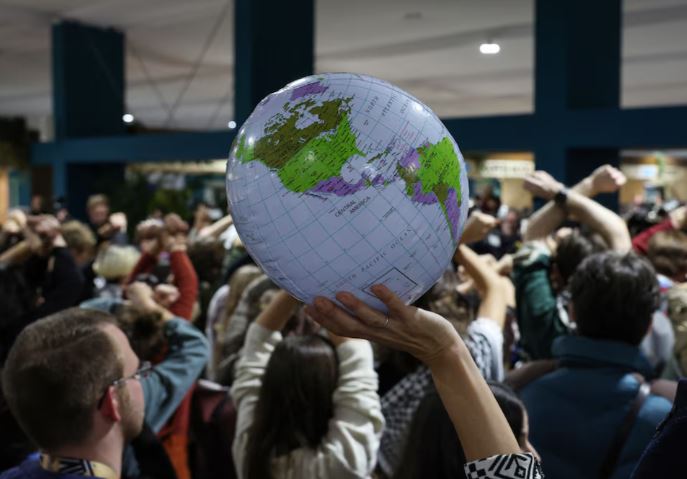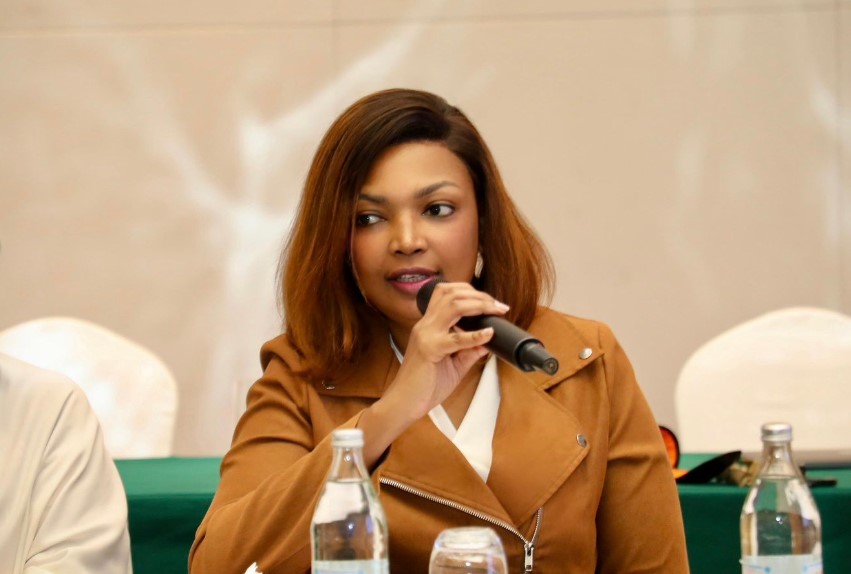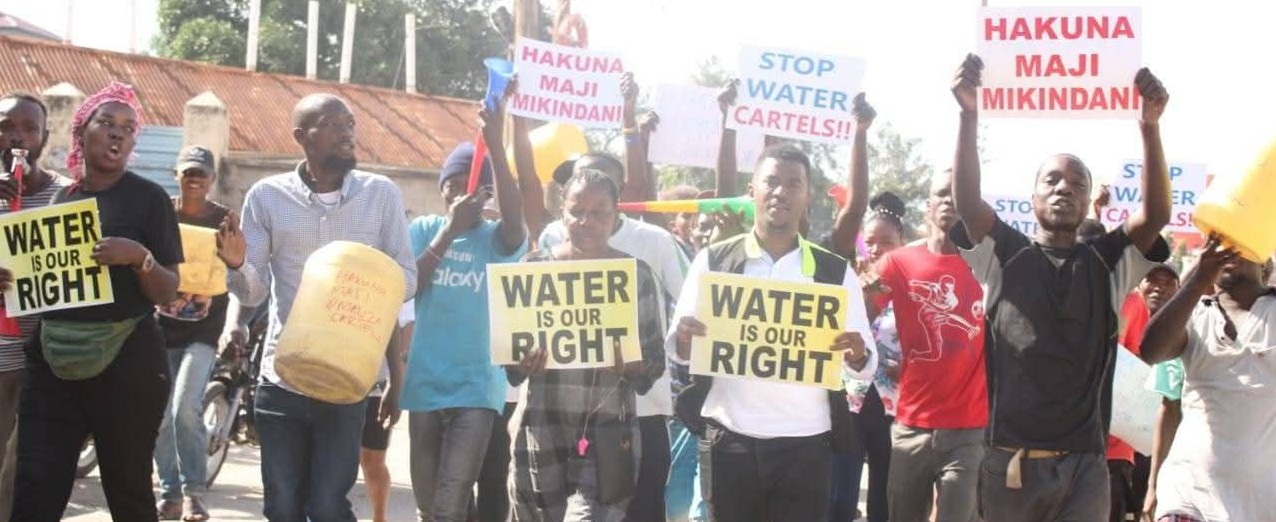Climate finance failing the most vulnerable, just 2.8 per cent supports fair transition - ActionAid Report

The report reveals that only 2.8 per cent of multilateral climate finance aimed at reducing emissions has been used for projects that support a just transition.
The world is moving too slowly toward a climate-neutral economy that protects people and communities, according to a new report by ActionAid.
While governments discuss net-zero targets, very little of the money intended to fight climate change is going toward approaches that ensure fairness for workers, women, and vulnerable populations.
More To Read
- UNEP warns global cooling demand could triple by 2050 without action
- COP30 opens in Brazil with bold pledge to protect the vulnerable from climate impacts
- Government moves to protect farmers with 10-day payout rule for climate insurance
- Green investment rises as lenders pump Sh18 trillion into climate finance
- African leaders adopt Addis Ababa Declaration as second African Climate Summit ends
- Kenya, Ethiopia to boost cooperation on renewable energy, climate finance as Ruto attends Africa climate summit
The report reveals that only 2.8 per cent of multilateral climate finance aimed at reducing emissions has been used for projects that support a just transition.
Over more than 10 years, this amounts to just 630 million US dollars, highlighting a severe underinvestment in approaches designed to safeguard those most affected by the shift to a low-carbon economy.
The findings show that for every 35 dollars spent on climate initiatives, only one dollar supports measures that prioritise fairness and inclusion.
Analysis of major climate funds shows that very few projects meet these criteria. Less than 2 per cent of initiatives financed by the Green Climate Fund (GCF) and the Climate Investment Funds (CIF) actively engage communities, workers, and women in the transition.
Most just transition projects are through the GCF, where fewer than 6 per cent of projects meet the necessary standards.
The CIF’s record is even lower, with only two projects out of 466 supporting fair transition efforts.
The idea of a just transition emerged in 2009 during the Copenhagen climate talks and was later recognised in the preamble of the 2015 Paris Agreement.
It connects climate action with job security, social inclusion, and environmental protection, highlighting how people’s livelihoods and ecosystems are intertwined.
“No one should have to choose between a secure job and a safe planet. Just transition approaches ensure that climate action prioritises people’s daily needs and doesn’t accidentally push them deeper into poverty. Without just transition approaches, climate action risks unintended harm, backlash, and ever-more delay,” Teresa Anderson, Global Lead on Climate Justice at ActionAid and author of How the Finance Flows, said.
The report also examines the damage caused by industrial agriculture and fossil fuel companies, while highlighting the resilience of communities fighting deforestation and environmental destruction.
It identifies sectors that could play a pivotal role in shaping a greener future but currently fail to protect workers and local populations.
Jessica Siviero, Climate Justice Specialist at ActionAid Brazil, emphasised the importance of protecting South America’s critical ecosystems.
“The Amazon Forest acts as the lungs of planet Earth, while the Cerrado serves as its veins, carrying life and connecting vital ecosystems. With COP30 coming to Belém, the spotlight is on industrial agriculture’s role in driving the destruction of the Amazon and Cerrado. It’s time for the world to move away from harmful industrial agriculture and towards agroecological approaches that feed people and cool the planet. Just transition approaches must also be applied to agriculture,” she said.
As COP30 approaches, ActionAid calls for the creation of a global framework, the “Belém Action Mechanism,” to coordinate just transition efforts, share knowledge, and support practical implementation.
The organisation stresses that without clear coordination and funding, the shift to a green economy risks leaving the most vulnerable behind.
Top Stories Today















































